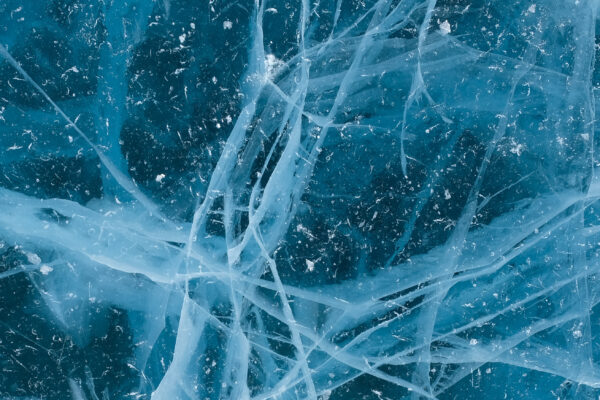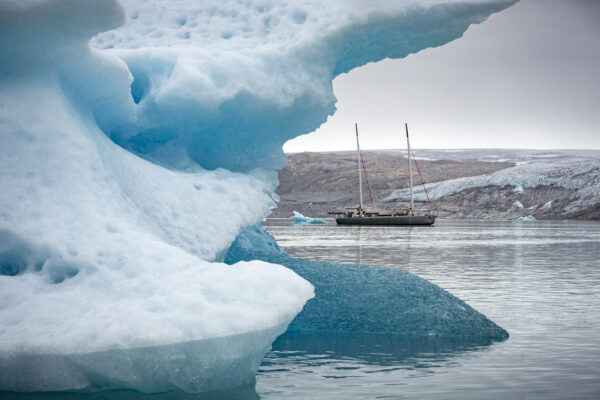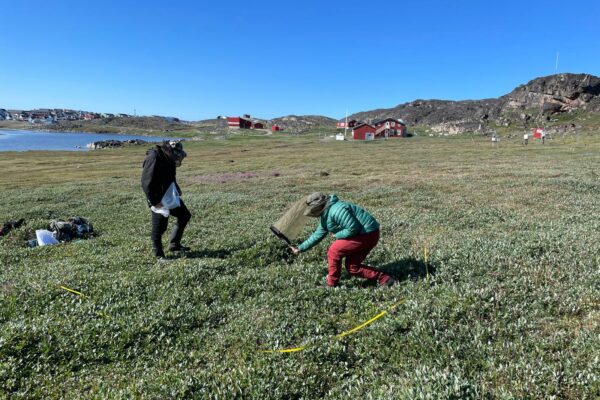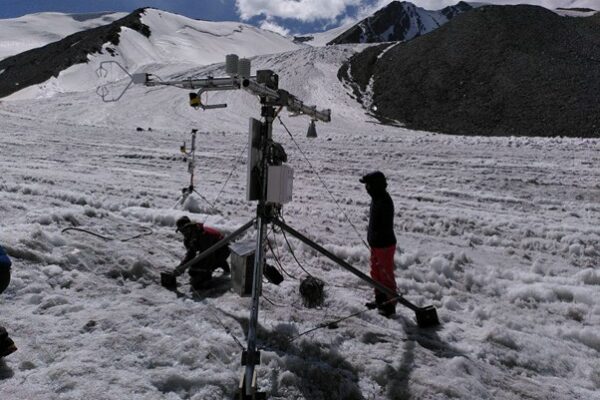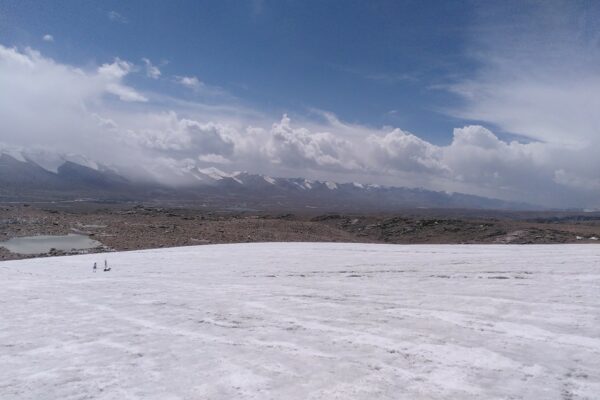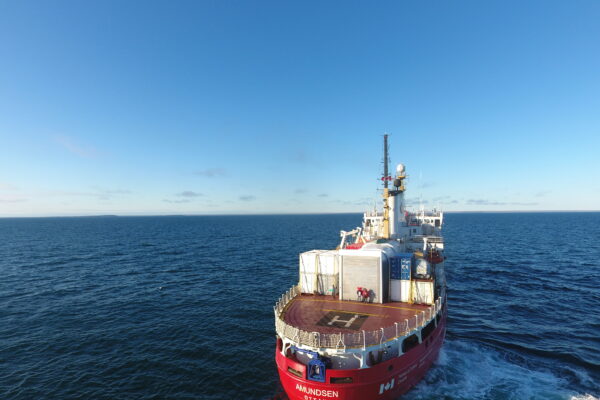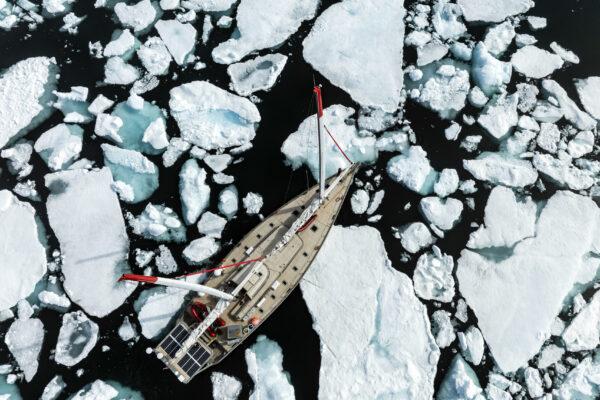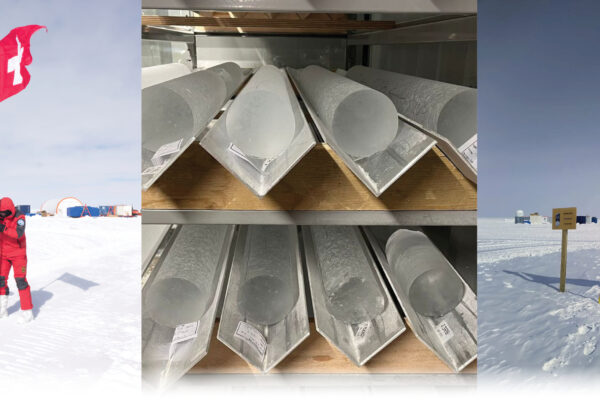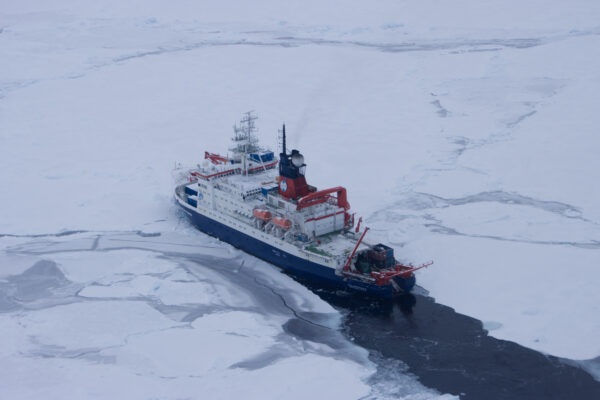Produced by SCADM, ADC and Southern Ocean Observing System Data Management Sub-Committee, the guide aims to provide the polar research community with key concepts and tips to ensure the published data are FAIR (findable, accessible, interoperable, and reusable).
Read MoreArticles by: Jelena Ristic
SPI FOREL Grants: the call for proposals is open
The SPI FOREL Grants support Swiss-based scientists who wish to use the FOREL Research Platform in coastal polar and sub-polar regions for pilot projects, additional fieldwork, and logistics. The call is open until 15 June 2025 for fieldwork in 2026.
Read MoreNavigating in the fog of Greenland’s plant-pollinator network – Nora Khelidj
Travelling across West Greenland is probably one the most unique experiences I had the chance to live. Sharing seven weeks of fieldwork in a couple of lines is not an easy task but let’s start with the beginning – the reunion with Brandon, my field mate and friend from the […]
Read MoreExperiencing -30°C on the Zulmart Glacier from the warm comfort of my office – Marin Kneib, Dilara Kim and Martina Barandun
Today, 11 December 2024, the thermometer on the Zulmart Glacier at 4900 metres above sea level read -30°C. Monitoring the meteorological conditions at nine weather stations scattered across the Central Asian Pamirs and Tien Shan from the warmth of my office in Switzerland, I was transported in my dreams to […]
Read MoreFrom saddles to storms. A journey to the Grigoriev Ice Cap – Julie Wee and Martina Barandun
The day began early with a knock on the door of a shepherd’s hut. A groggy shepherd appeared, surprised to find visitors at this hour with an unusual question: could we rent two horses for the day? The negotiations were straightforward, and minutes later, I was in a saddle for […]
Read MoreOpen call for applications: INQ-SPI-IPEV CASCADES Expedition
The Institut Nordique du Québec (INQ), the Swiss Polar Institute (SPI) and the French Polar Institute Paul-Émile Victor (IPEV) are launching the CASCADES expedition. The call is now open until 2 June 2025 and welcomes proposals from research groups in Switzerland and France, and from the Canadian Transforming Climate Action programme, with fieldwork to be carried out in summer and autumn 2026.
Read MoreShort-term funding opportunity with the FOREL Research Platform
In summer 2025, FOREL will be operating along the western coast of Greenland and welcomes Swiss-led scientific projects to work on board during the months of July and August. SPI is pleased to offer interested scientists employed at a Swiss public research institution the opportunity to join this Swiss-operated research platform in the Arctic during this timeframe.
Read MoreClimate insights from Antarctic ice: scientific achievements of Switzerland and Europe presented in Bern
On Wednesday 5 March 2025 in Bern, in collaboration with the Delegation of the European Union to Switzerland and Liechtenstein and the University of Bern, the Swiss Polar Institute had the pleasure to present the European-funded project Beyond EPICA: Oldest Ice, a long-term study of ice cores from the heart […]
Read MoreBreaking through the ice to the North Pole – Marcel Scheiwiller
Our journey to the North Pole began in Tromsø, Norway, where we boarded the research vessel Polarstern on August 9, 2024. As I stood in line, I struck up a conversation with the person next to me, only to realize he would be my cabin mate for the next two […]
Read More